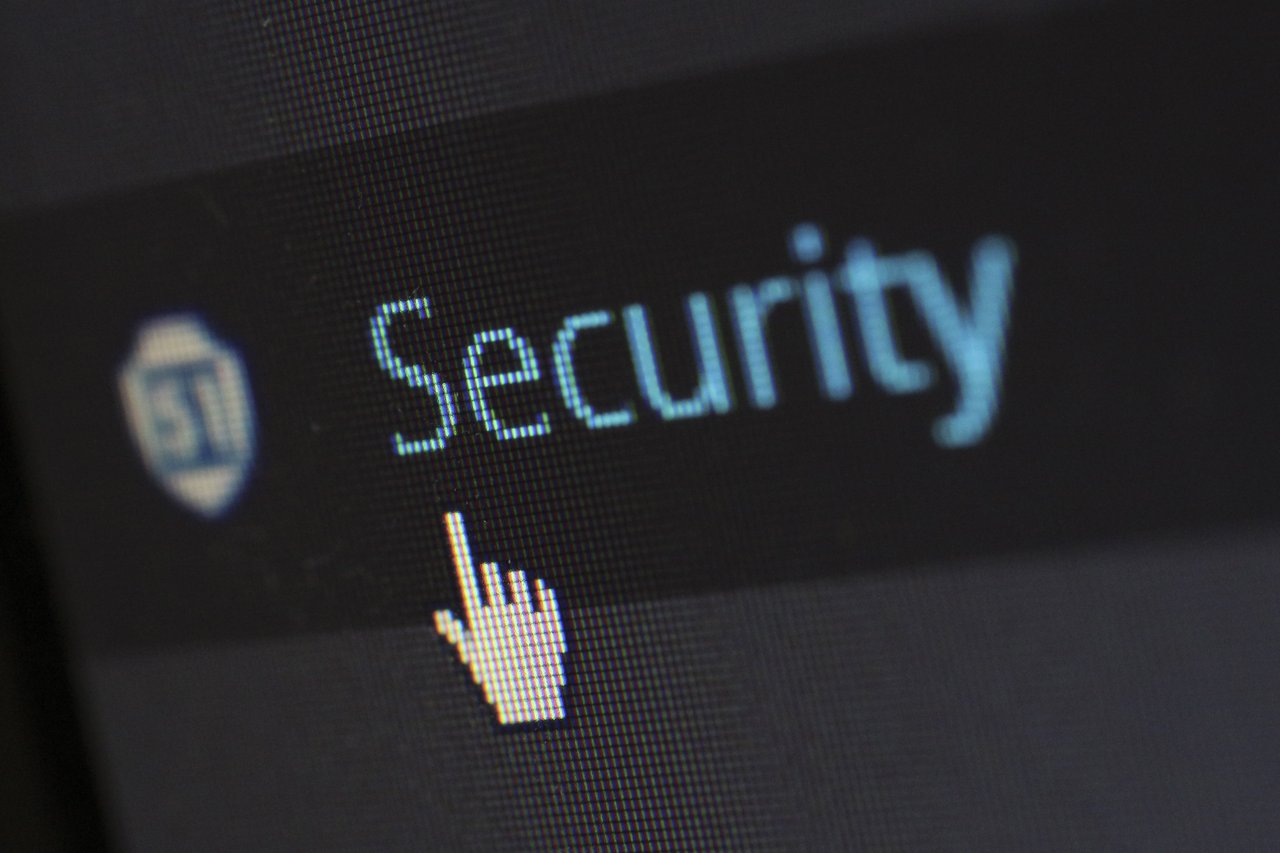Malware is defined as “software that is specifically designed to disrupt, damage, or gain unauthorized access to a computer system.” You’ve likely seen, heard, or experienced malware in the form of corrupted ads that pop-up on electronic devices, like your personal laptop or children’s ipads. These ill-intended pop-up ads are often activated when you click anywhere on the add or hit the close button of the ad. Sometimes the ad says something similar to “click here to win big” or feeds on your fear with something such as “your device has a virus, click here!”
The difference between your electronic device staying hacker-free or not is often only one click away.
What’s so special about July for cybercriminals?
Why is July a phenomenal time to bring malware to light, you ask? Matt Gillis, CEO of clean.io, a cybersecurity company fighting malvertising threats, says, “This year, July 4th presents a set of unique circumstances that we’ve not seen before. Most obvious is the fact that we are still dealing with the impacts of COVID-19 on the digital media ecosystems. The pullback of ad spending by big brand advertisers means the cost of ads is lower overall. Lower ad prices means it’s easier and more affordable for hackers to launch these attacks and the profit margins are higher. Historically, weekend days, especially Saturday, have seen the highest threat levels. July 4th 2020 falls on a Saturday. With all of these factors, it seems this year could be the perfect storm for a malvertising surge on the 4th of July.” Gillis also shares that Amazon Prime Day is highly susceptible to increased malware activity.
How can you protect yourself against malware threats?
To lessen the likelihood of malware corrupting your computer, HelloTech.com advises the following:
- Never do the default installation
- Instead, choose the ‘custom’ or ‘advanced’ installation.
- Refuse any default changes
- Enable the pop-up blocker in your browser
Amherst College weighs in on the malware conversation and says “to protect yourself from serious malware infection, you must be extraordinarily careful about how you close a pop-up window. Specifically, you should never click anywhere in a pop-up window. Even buttons labeled “Cancel” or “Close” or a red-X button in the upper-right corner are dangerous to click; doing so could trigger an infection– the opposite of what you’d expect. To safely close a pop-up window, locate the button in your Taskbar that corresponds to the pop-up. Normally, the button and the pop-up will have the same title. Right-click on the button and select Close.” If everything Amherst just said sounds like a foreign language for which you have zero to little understanding, talk to an IT specialist before haphazardly closing an unfamiliar ad.
Malware isn’t going anywhere, so shine your shield and be ready
The unfortunate truth is that there are hackers and cybercriminals who make a living, sometimes an extremely lucrative living, lacing pop-up ads with corruption codes that activate when unsuspecting well-meaning people click to close the suspicious-looking ads or are scared into clicking the ad. Protect yourself and your electronic devices by never clicking on an unfamiliar or suspicious ad. And if you aren’t able to close the add without clicking directly on it, take your device to an IT specialist who knows how to deal with the issue. Although it may seem tedious to seek help closing a pop-up ad, it’s a lot less headache than unleashing a virus on your electronic device that makes it susceptible to an array of cybercrimes.
Any day is an opportunity for malware to slither onto your electronic device and wreak havoc, but times that are notorious for higher traffic on electronic devices, such as the weekends and holidays when more people are home, produce an even higher risk. Be aware, and don’t hesitate to question unfamiliar or fear-evoking ads. Your personal and professional information is absolutely worth protecting, and the month of July is full of moments that your shield should be up and ready.
Author: Evelyn Lindell





